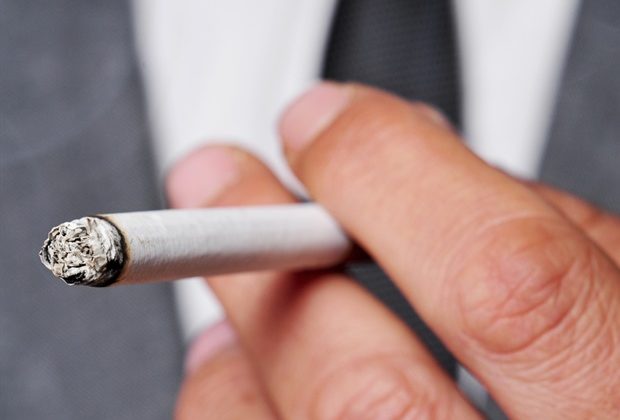Parental smoking is a significant risk factor for developing smoking behavior and nicotine dependence in offspring. These findings suggest that parental nicotine exposure may promote addiction-like behaviors in subsequent generations. Given the significance of cigarette smoking for public health, preventing nicotine use among adolescents is critical to ending tobacco use disorder and decreasing e-cigarette use.
In a novel study, researchers from the University of Pennsylvania School of Nursing (Penn Nursing) have discovered that paternal nicotine taking is associated with addiction-like behaviors, cognitive deficits, and anxiety-like behaviors in male offspring. These heritable effects were associated with reduced expression of Satb2, a transcription factor, in the hippocampus of male offspring. Increasing Satb2 expression in the hippocampus rescued the memory deficits associated with paternal nicotine taking in male offspring.
Understanding how voluntary nicotine-taking changes germ cells and/or seminal fluid and how these modifications translate into neuroadaptations and behavioral phenotypes in subsequent generations is necessary for understanding the heritability of parental drug taking. Findings from these studies highlight vulnerable populations at risk for developing nicotine dependence, cognitive impairments, and/or mental health disorders."
Heath D. Schmidt, PhD, Associate Professor and lead author of the article
University of Pennsylvania School of Nursing
Maurer, J.J., et al. (2022) Paternal Nicotine-Taking Elicits Heritable Sex-Specific Phenotypes That Are Mediated by Hippocampal Satb2. Molecular Psychiatry. doi.org/10.1038/s41380-022-01622-7.
Posted in: Child Health News | Medical Research News
Tags: Addiction, Adolescents, Anxiety, Cigarette, Drug Abuse, Education, Hippocampus, Medicine, Mental Health, Nicotine, Nursing, Psychiatry, Public Health, Research, Smoking, Tobacco, Transcription
Source: Read Full Article
